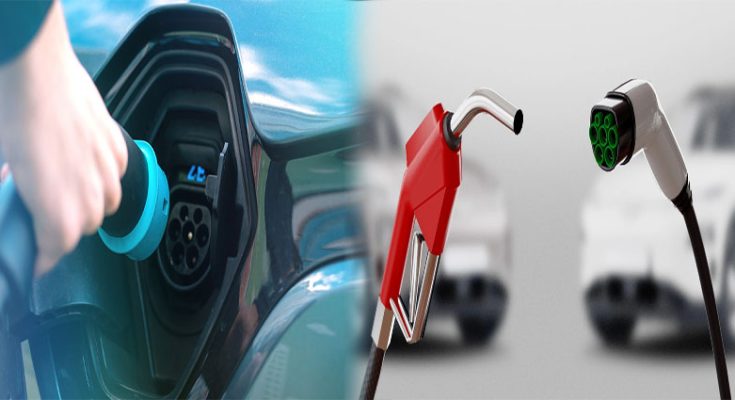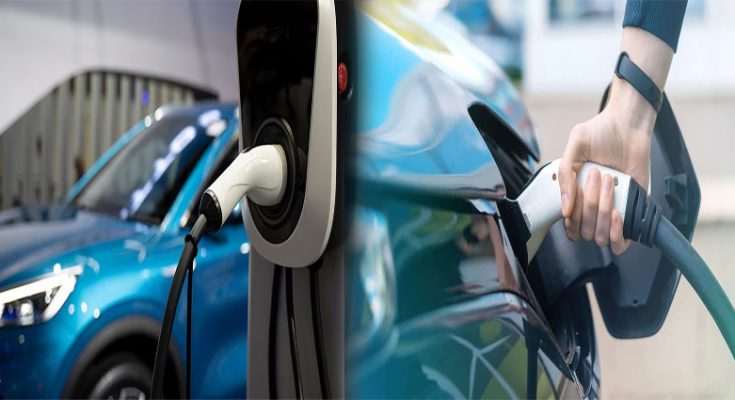
Advantages of Electric Vehicles Over Traditional Cars
With the rapid advancements in technology and growing environmental concerns, the shift towards electric vehicles (EVs) has gained significant momentum in recent years. As more consumers and governments embrace sustainable transportation options, it’s essential to explore the advantages of electric vehicles over traditional internal combustion engine (ICE) cars.
Environmental Impact
One of the most compelling advantages of electric vehicles is their significantly lower environmental impact compared to traditional cars. EVs produce zero tailpipe emissions, reducing air pollution and contributing to improved air quality. This is especially important in urban areas where air pollution can have detrimental effects on public health and the environment. Additionally, as the electricity grid becomes greener with increasing renewable energy sources, the overall carbon footprint of electric vehicles continues to decrease.
Lower Operating Costs
Electric vehicles offer lower operating costs compared to traditional cars powered by internal combustion engines. EVs have fewer moving parts, resulting in …
Advantages of Electric Vehicles Over Traditional Cars Read More

